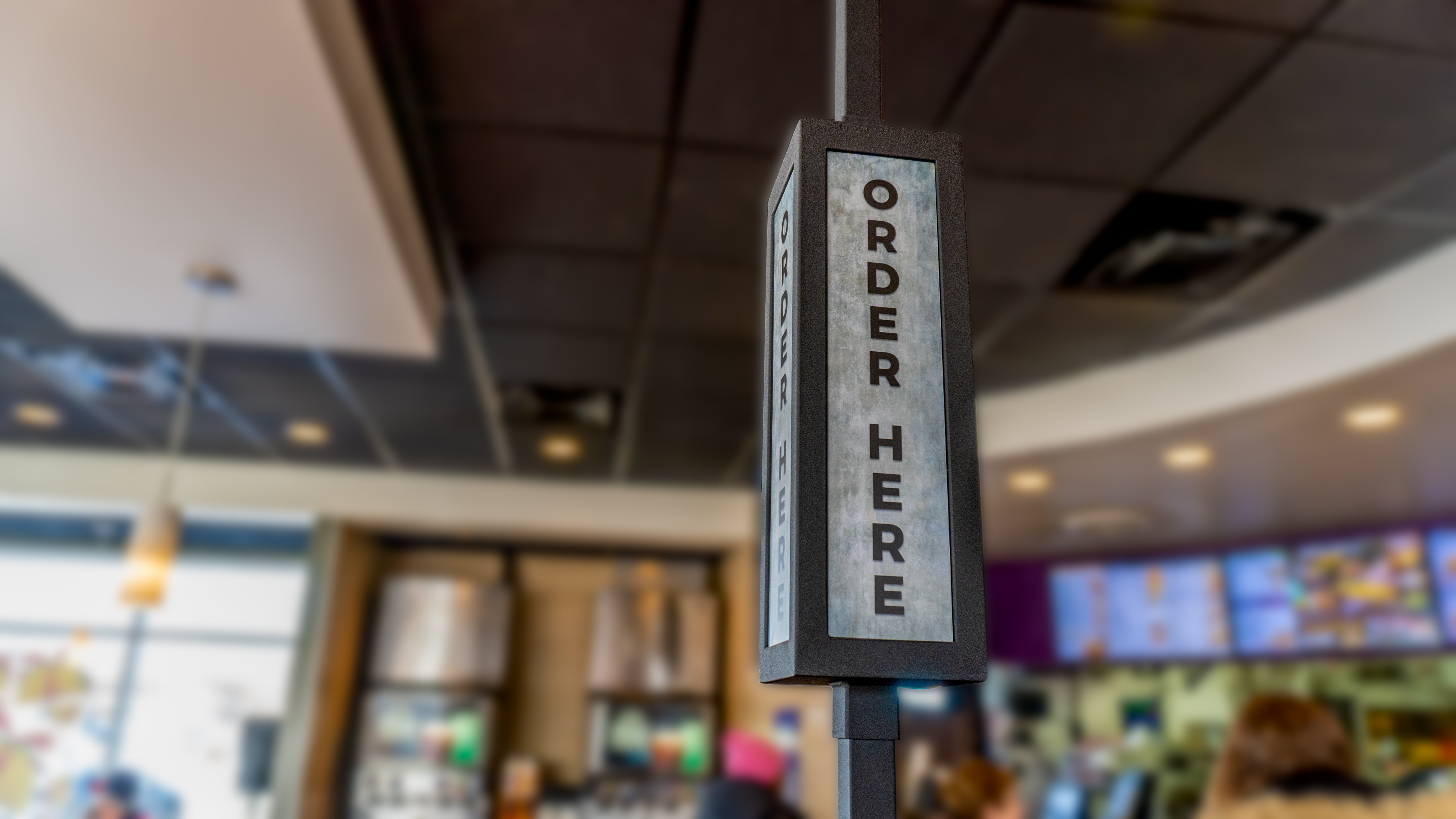In today's globalized business landscape, managed service providers (MSPs) and original equipment manufacturers (OEMs) often rely on technicians to support deployment projects worldwide.
However, indemnifying techs in countries with strict labor laws can be a complex challenge. In this blog, we will explore the factors involved in indemnifying technicians, specifically in countries like China and Brazil with stricter labor laws, and how Kinettix can help MSPs and OEMs navigate these complexities in the food service technology industry.
What is Indemnification?
Indemnification is a crucial layer of financial security and protection. It serves as a buffer against potential damages, liabilities, or legal entanglements that may arise from the services or products provided by a business.
This becomes particularly relevant when businesses engage with subcontractors or aim to safeguard their offerings' efficacy.
In the context of a startup or a small tech company, which might act as the indemnifying party, a single lawsuit could be devastating, marking an abrupt end to the business journey. Hence, businesses must meticulously negotiate these indemnification clauses and sculpt them to address specific triggering events.
With technicians deployed globally, indemnification becomes a rather complex puzzle due to different countries' diverse and stringent labor laws. Ensuring proper indemnification aligns with local labor laws and compliance regulations is a necessary task that businesses must undertake to safeguard their interests and employees.
Indemnifying Techs in Countries with Strict Labor Laws
A spotlight on countries like China and Brazil reveals an intricate web of stringent labor laws that often pile a considerable responsibility on employers.
In China, for instance, the legal landscape respects express indemnities outlined in contracts, not typically implying an indemnity obligation without explicit mention. In contrast, Brazil's legal terrain broadly recognizes indemnification provisions, encompassing commitments to defend, indemnify (or pay damages), and hold harmless, even beyond third-party claims.
The process of indemnifying techs, therefore, requires a thorough understanding of local employment contracts, statutory benefits, and social security contributions, to anticipate and mitigate potential liabilities that might surface.
At the same time, you should recognize that labor laws and workers' rights vary drastically globally. For instance, the International Trade Union Confederation ranks Norway and Denmark at the pinnacle of workers' rights, celebrating their long labor traditions and robust enforcement mechanisms. Conversely, countries like Qatar, notorious for its labor conditions, score low on the same scale.
How Kinettix Can Help
When dealing with stringent international labor laws, Kinettix provides invaluable support to MSPs and OEMs in food service technology. Offering comprehensive, on-demand tech assistance via a robust global network, Kinettix has become a trusted guide in the complex landscape of indemnifying techs in countries known for stringent labor laws.
Kinettix supplies techs and ensures they are appropriately vetted and indemnified, managing every stage of the process. They provide local techs and round-the-clock management services, ensuring complete coverage of your food service technology installations, while mitigating the potential risks.
Well-versed in navigating unique challenges in the quick-service restaurant industry, such as sanitary regulations and peak business hours, Kinettix has been the go-to choice for many of the world's largest restaurant brands.
Final Thoughts
Indemnifying techs in countries with strict labor laws requires careful attention to local regulations and liabilities.
MSPs and OEMs benefit from Kinettix's expertise in navigating complex labor laws and ensuring proper indemnification for technicians deployed worldwide. Keep the challenges of indemnification from hindering your global tech deployments.
Contact Kinettix today to learn how they can assist you in indemnifying techs and mitigating risks in countries with strict labor laws.






